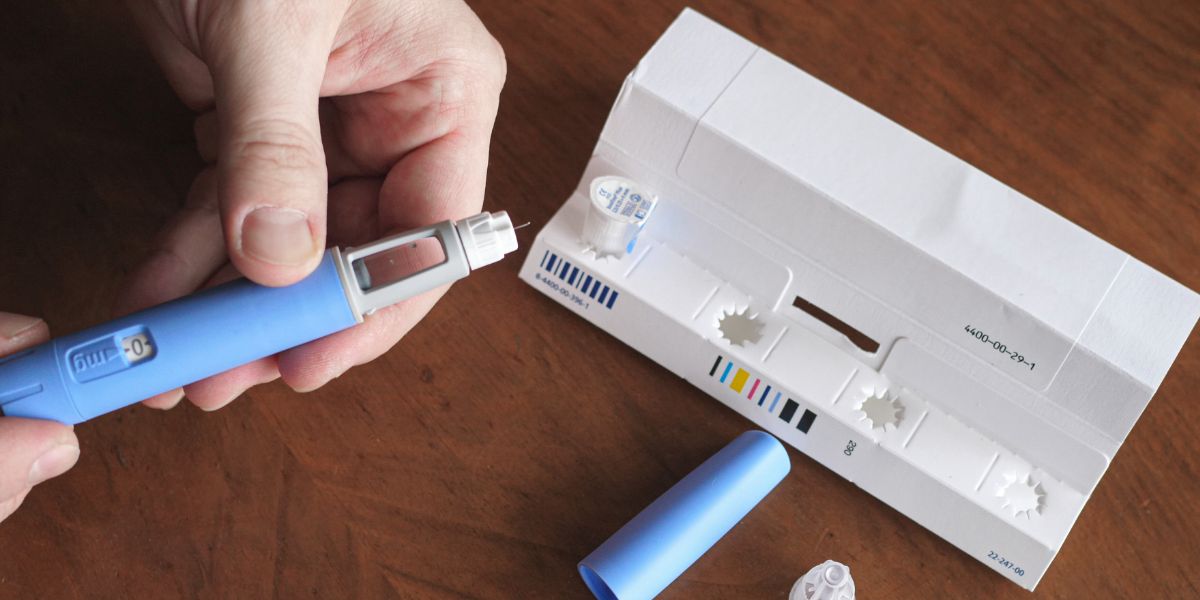Ketamine has been found to be a good treatment option for severe depression, latest evidence has demonstrated.
A study led by the University of New South Wales in Australia has discovered that people with severe depression experienced less symptoms of the condition after having bi-weekly ketamine injections.
One in five of the study participants experience no symptoms of severe depression after having ketamine treatment.
- Cutting social media use to 30 minutes a day reduces anxiety and depression
- Feelings of depression less common among older people now compared to 30 years ago
Senior author Professor Colleen Loo said: “For people with treatment-resistant depression – so those who have not benefitted from different modes of talk-therapy, commonly prescribed antidepressants, or electroconvulsive therapy – 20% remission is actually quite good.
“We found that in this trial, ketamine was clearly better than the placebo – with 20% reporting they no longer had clinical depression compared with only two per cent in the placebo group.”
She added: “This is a huge and very obvious difference and brings definitive evidence to the field which only had past smaller trials that compared ketamine with placebo.”
More than 170 individuals with treatment-resistant depression took part in the research experiment.
Each participant was given two injections of either ketamine or placebo every week of the month-long study.
During the trial, all the participants were unaware of whether they were being injected with ketamine or placebo.
Professor Loo noted: “Because there are no subjective effects from the saline, in previous studies it became obvious which people were receiving the ketamine and which people received placebo.
- Bacteria in the gut related to feelings of depression
- “Mystical” effect of psychedelic drug could help people with anxiety and depression
“In using midazolam – which is not a treatment for depression, but does make you feel a bit woozy and out of it – you have much less chance of knowing whether you have received ketamine, which has similar acute effects.”
She evaluated: “People are recommended electroconvulsive therapy (ECT) treatment for their depression when all other treatments have been ineffective.
“Most studies exclude people who have had ECT because it is very hard for a new treatment to work where ECT has not.”
Read the study in the British Journal of Psychiatry.







